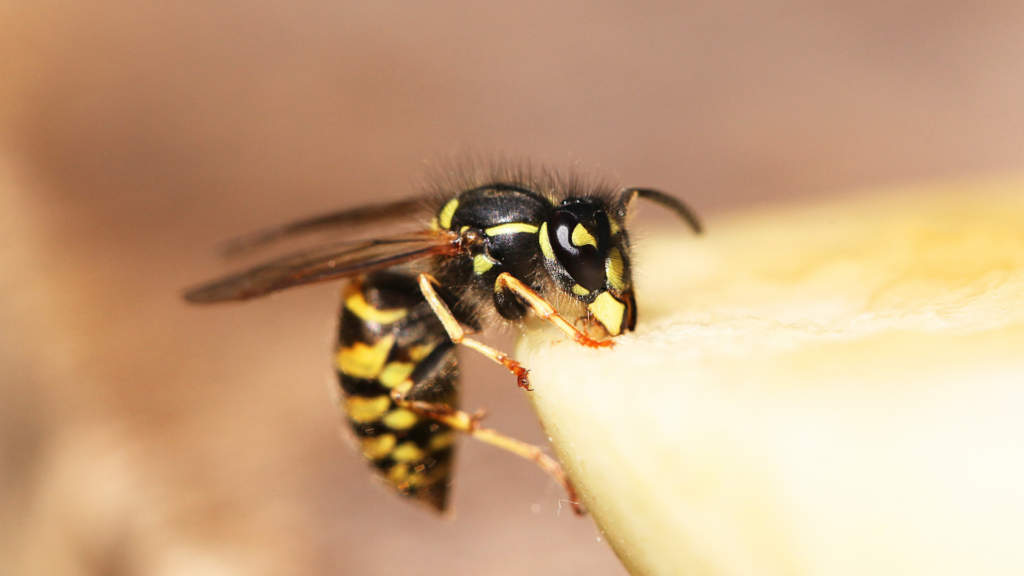Eating out or enjoying a refreshing drink this summer has been slightly less hazardous due to an absence of wasps. But wildlife experts are warning that the decline is a cause for concern.
There have been noticeably fewer wasps in Belgium in recent months. Even in mid-August, which is normally when wasp populations peak, few of the insects are to be seen.
While there are no official counts in Belgium, the Dutch Wasp Foundation in the Netherlands does keep track of their population. Its spokesperson told Mediahuis newspapers that the figures are at their lowest level in ten years. Fire brigades across Belgium have also reported fewer removals of wasp nests, which is a good indication of their presence.
The absence of wasps is a result of climate change, more specifically due to the wet spring. Wasps often make their nests on the ground, which get flooded during periods of rain; Belgium has experienced record rainfall in recent months. This also makes it more difficult to build nests in trees, and wasps which are able to then have fewer opportunities to fly out to search for food because of the rain.
Asian hornets more robust
Different species suffer to varying degrees. The Asian hornet – an "invasive alien species" of the insect in Belgium – is less affected by the rain, for example. These insects build nests in bushes and trees, meaning their nests are less likely to be flooded. Even in better weather, these hornets are more robust than the average wasp. Their peak time also comes later in the year, with most not emerging until September.
If Belgium experiences another Indian summer – a period of unseasonably warm and dry weather in autumn, as seen in October 2022 and 2023 – the tide may turn and more wasps will be spotted. However, unless an increase is noted in September, the chances are that 2024 will be a year of few wasps. This is not necessarily positive news.
"Last year, there were also fewer wasps," insect expert Peter Berx told Radio 1. "One or two bad spring years in a row is not that bad, but if this trend continues, I don't know if the wasps will ever be able to recover." He noted that this is dangerous for the ecosystem, as wasps do have their uses – contrary to public opinion. They are an excellent indicator of the ecosystem's overall health, and they keep other insect populations in balance.
"They eat flies and caterpillars. So if there are fewer wasps, caterpillars will eat away at people's vegetable gardens, for example." Several experts have called for fewer wasp nests to be exterminated. Additionally, if a wasp does not pose a direct threat, they should be left alone.

